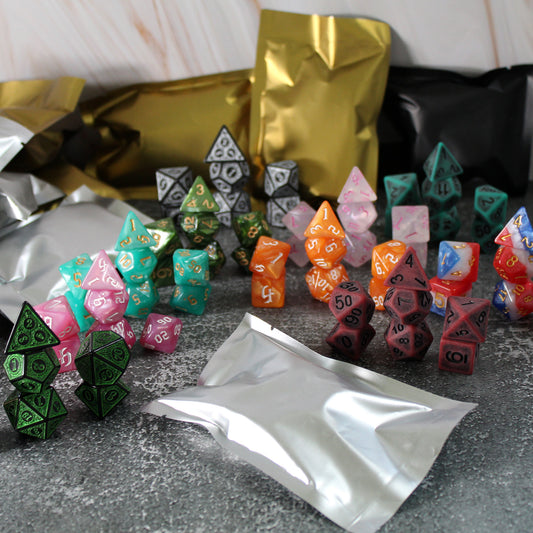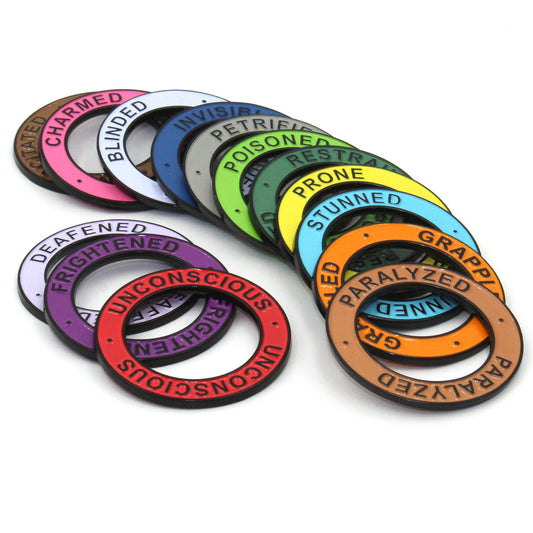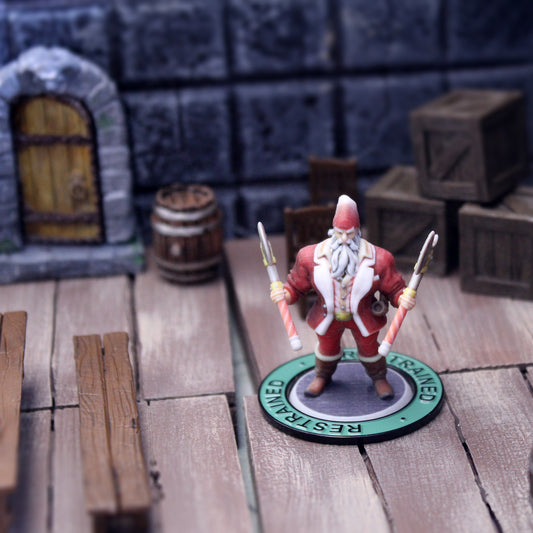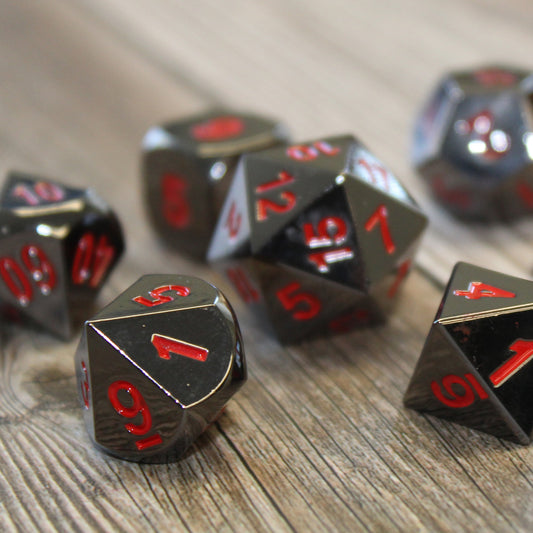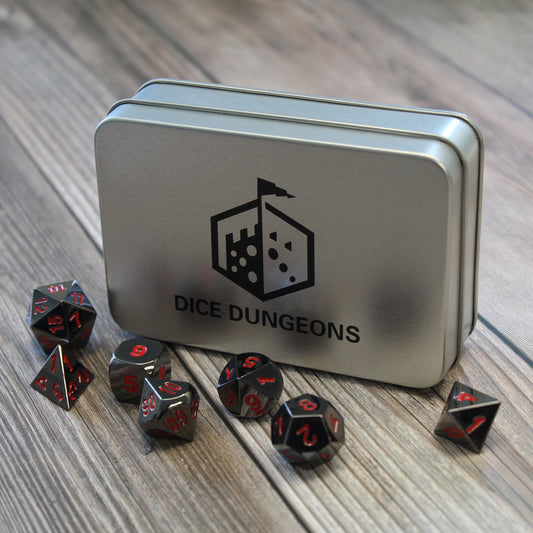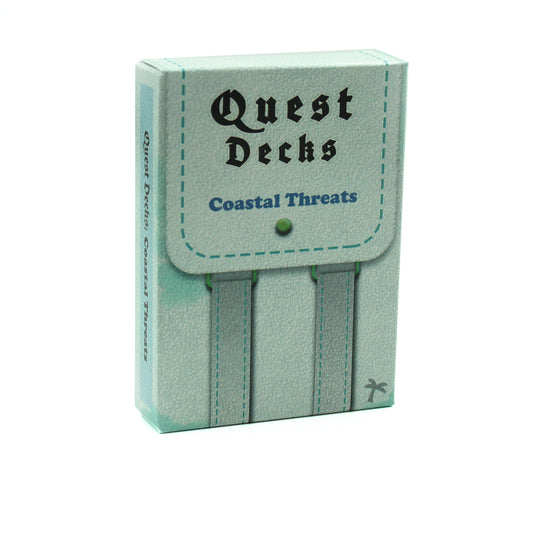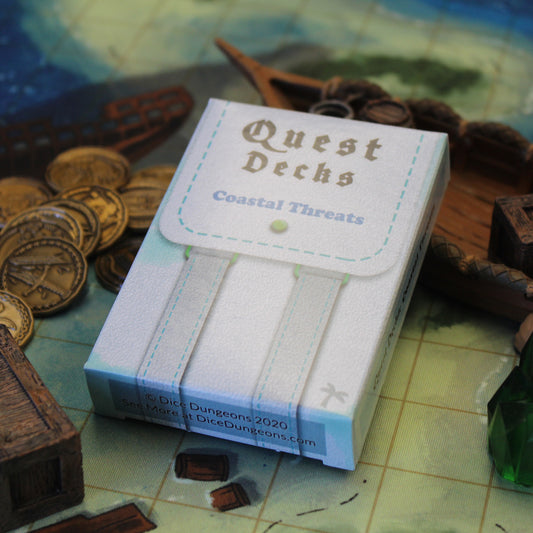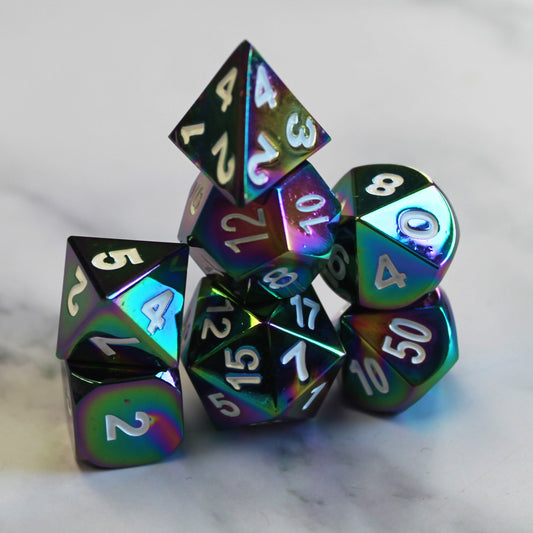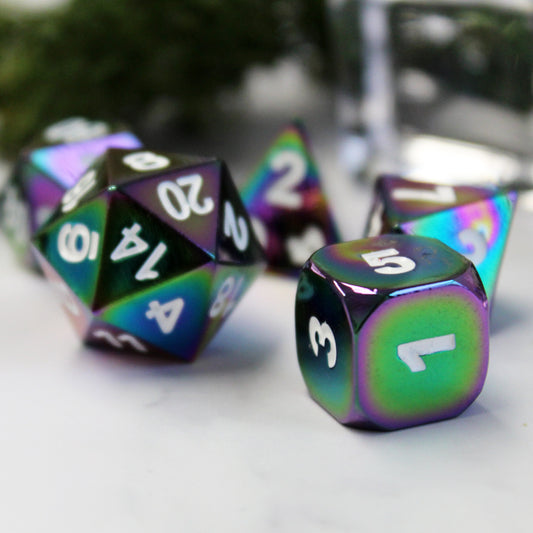How do I start GMing?
Hello! Come in, have a seat by the fire, and welcome to the GM's corner. Every couple of weeks, we'll be putting out articles, interviews, and game spotlights written by yours truly. We hope they can be a resource for GMs: from those looking to start their first game to well-versed veterans. This first article attempts to answer the question that every GM asks at one point: "How do I start GMing?"
Choosing a game
Choosing a game is a pretty big hurdle to beginning GMs, particularly if they've never played a TTRPG, themselves. However, it's probably a safe bet to say that you aren't starting from scratch: something, or somebody, has led you here, fledgling GM. Did you listen to a live-play podcast? A Twitch/YouTube series? Perhaps you heard a friend talking about the crazy adventures of their IRL or online campaign?
Whatever the case may be, I bet you have an idea of the type of game you'd like to play, at some level. There a couple things you should try and nail down before you set up your GM screen: Setting, and Theme
The Setting
Sci-Fi? Fantasy? America Old West? Post-apocalypse? Steampunk? There are games that allow for play in those settings and a lot more. There are specific settings, like The Sword Coast in D&D, as well as more generalized settings. You likely already have an idea of what setting you'd like, so go investigate games that fall into that category by going to your local game store, forums, and online retailers like DriveThruRPG. Likely, you already have an idea of what game you’re going to run, and that’s fine! Just be aware: there are many games that cater to each setting. While D&D might seem like a good fit at the outset, it might be that your players are more interested in heroic bloodlines and building keeps than fighting goblins and gricks, and a switch over to a game like Pendragon might become necessary at some point.
The Theme
This is a slightly more difficult thing to settle on. You must pose and answer the question: what do I want this game to be about? Some games, like Shadowrun, Fantasy Flight's Star Wars games, and Dogs in The Vineyard all have a theme 'pre-baked' into the setting and mechanics. Other games, like Dungeons & Dragons and Apocalypse/Dungeon World, offer less, in the way of a focused theme. It’s important to read through the rules/GMs guide, if possible, and try and determine whether this game supports the kind of theme you’re going for. Asking other GMs is a great way to do this as, Lordy, will they have opinions. Whether or not you have a theme at the outset of play, your players will let you know what themes they are interested in: what NPCs and quests they interact with, and how they interact with them, should give you a good idea of what they want out of this experience. This might be a scary proposition for a first time GM, particularly if you're interested in conveying a particular *cringe* story (more on this topic in a later post), so what's the best way to ensure your group's wants and needs align with your own?
Scouting Players, & 'The Pitch'
I have played, as a player and as a GM, with close friends as well as complete Randos. Both have pros and cons. The most valuable players, I've found, aren't the ones who know all the rules, nor are they the ones with four-page backstories, nor are they amazing role-players. They're folks who buy into the game, listen to one another, and know what their characters want to do. As long as your players work well with one another, you should have a pretty decent time.
Whether you have come up with a short list of friends, or will be posting in a LFG (looking for group) thread somewhere on the internet, you need a pitch. Usually, you want to focus on the setting and theme, and maybe sprinkle in some mechanics, if the player you are pitching would be interested. DO NOT LEAD WITH MECHANICS. NO ONE REALLY CARES IF IT'S A D20 OR 2D6 SYSTEM. Mechanics of a game are the secondary messengers of the players interacting with the setting and theme. They do not matter, at this point. I would also suggest mentioning that the first game is non-committal: 'let's just see if everyone is into it, and figure things out from there'. It's a lot easier to get folks to commit to 4 or 5 hours than a years-long campaign
Hopefully, after pitching your game, you have a group that is ready to give it a go. If the game doesn't explicitly state not to do this (like Dogs in the Vineyard), I would meet/skype with everyone beforehand and go through character creation with them. This will help everyone (yourself included) build familiarity with the rules, as well as rapport between you and the players.
Oh no, oh God, now I have to actually GM.
Yes, you do, my sweet angel baby GM. This will take up more brain power, before, during, and after the session, than you thought possible. You will be utterly dumbfounded by the actions of your players. You will have to answer questions that would have otherwise never crossed your mind from now until the heat death of the universe. You will be exhausted. But it will be worth it, to be sure.
While it will always be a concerted effort, there is something you can do to make your life easier before and during each session: Prep.
Next Time, at the GM's Corner - Prep: what is it good for?

